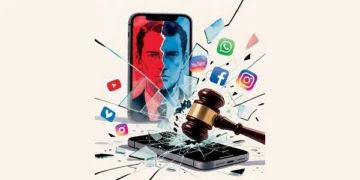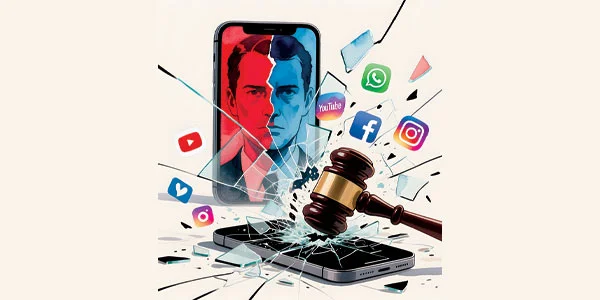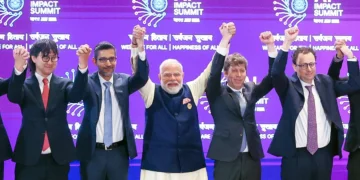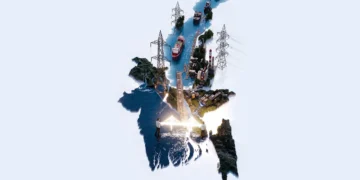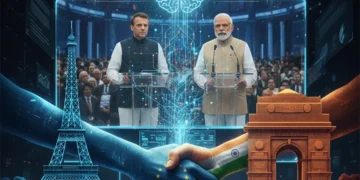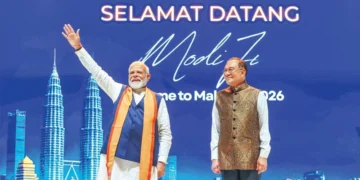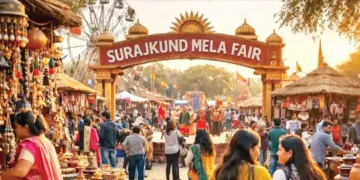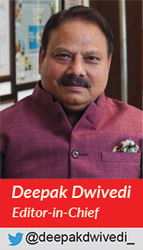 The Supreme Court has sounded the alarm: India urgently needs rules to rein in the unbridled power of social media and the growing menace of deepfake AI. What began as a tool of connection is now a weapon of disruption, endangering reputations, communities, and even democracy itself.
The Supreme Court has sounded the alarm: India urgently needs rules to rein in the unbridled power of social media and the growing menace of deepfake AI. What began as a tool of connection is now a weapon of disruption, endangering reputations, communities, and even democracy itself.
In a recent directive, the court urged the Government to draft comprehensive guidelines, describing the spread of misinformation and fake content as a threat to social order. From district Benches to the apex court, petitions linked to defamatory posts and manipulated videos have become routine. Yet, the Government action has so far been piecemeal – limited to advisories and reactive measures.
Policy experts argue that this is no longer enough. They are calling for a civilianmajority oversight committee – comprising academics, media, retired judges, former police officers, intelligence veterans, scientists, doctors, business leaders and farmers – to monitor platforms and recommend strict enforcement.
The body would be mandated to deliver actionable recommendations. These could include automatic registration of First Information Reports in serious cases such as hate speech, defamation, sedition, blackmail, conspiracies, communal incitement and deliberate disinformation. District-level committees, made up of both Government and civilian representatives, could monitor content on a daily basis, while parallel structures at divisional, state and national levels would provide higher-level oversight.
Equally urgent, reformers say, is the reconstitution of the Press Council of India. Long viewed as ineffective, it could be transformed into a powerful watchdog by expanding its scope to cover both social and electronic media, with authority on a par with the Election Commission or the Central Vigilance Commission.
The dangers are not theoretical. Deepfakes have already infiltrated Indian politics. During the 2024 General eEections, AI-generated videos – some even reviving deceased leaders – were deployed in campaigns. Civil society had to launch a crowdsourced Deepfake Analysis Unit to help voters detect manipulation.
Global trend
Globally, the trend is clear. Britain’s Online Safety Act now penalises platforms with fines of up to 10 per cent of global turnover. Australia will bar under-16s from social media from December this year. The EU, Malaysia, France, Indonesia and the UAE have all introduced tough new rules. The message is simple: absolute online freedom is no longer tolerated. India must now decide its path.
Analysts believe only a combination of licensing, heavy financial penalties, and civilian oversight can restore order. Without such steps, victims will continue to seek relief in courts while offenders thrive in the shadows. The question is not whether the regulation will come – it is when, how, and by whom.
